
***UPDATE: 16 March - Since the coronavirus has been declared a pandemic and the importance of social distancing has been enforced in public spaces by the UK government following the advice of health officials, the information in this article is now out of date. Please read our up-to-date opinion piece by virologist and climber Levi Yant.***
Of all public places, a climbing wall would be high on the list - although still below public toilets - of places to avoid for germophobes. High-contact surfaces in the form of hand and foot holds are subject to thousands of fondles and smears during their typical life-cycle of many weeks - sometimes months - in a setting rotation, before being stripped and cleaned. The ongoing spread of the novel coronavirus - or SARS-CoV-2* - is understandably a cause for concern for climbers using indoor walls, but how big is the risk and what can we do to minimise transmission and keep walls running?
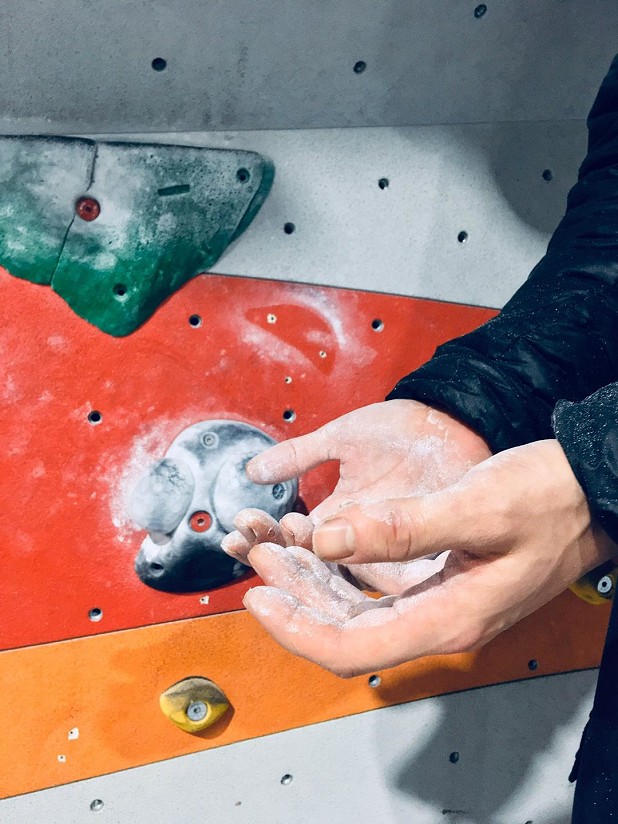
* SARS-CoV-2 = the name of the novel coronavirus
COVID-19 = the disease caused by the virus
World Health Organisation reports state that as of 9 March, a total of 109,577 cases and 3809 deaths have been confirmed globally, while describing the threat of a pandemic as being 'very real'. Italy announced a national lockdown yesterday and numerous public gatherings and sporting events have been postponed or cancelled, including IFSC climbing events, as travel restrictions are put in place. The fate of the Tokyo 2020 Olympic Games, in which Sport Climbing will make its debut, is currently under discussion.
Due to the tactile nature of indoor climbing, where a climber can come into contact with hundreds of holds in one session, it's a situation comparable to general fitness gyms, which have been stepping up hygiene measures in recent weeks. In Singapore, two climbing walls are reported to be closing temporarily this week for cleaning after a climber tested positive for COVID-19. Dr Colette O'Neill, a climber, microbiologist and postdoctoral research fellow at the University of Southampton, explained the possible lifespan of coronaviruses on indoor surfaces:
'Bacteria and viruses, both harmless and pathogenic, can survive on indoor/dry surfaces for a considerable amount of time - very much depending on the species - unlike the outdoor environment where rainwater undoubtedly helps to wash pathogens away. Other coronaviruses (no studies on long-term survival of COVID-19 have been published yet) and other respiratory tract viruses have been found to survive for several days at least. It is likely that the lower frequency of climbers outdoors will result in lower transmission than indoors.
'I would say that anywhere people are frequently in contact with surfaces, such as gyms, climbing walls, perhaps soft-play areas and of course public transport, toilets and door handles will make potential encounters with bacteria/viruses more likely. This is why hand-washing is of paramount importance, which has been deservedly well-publicised of late. This cannot be over-emphasised.'
Given the tendency for climbers to end up with cuts and grazes on their fingers and hands, should this be taken into consideration during the coronavirus epidemic?
'There is no evidence to suggest that SARS-CoV-2 spreads via open wounds, but other pathogens certainly could so I would definitely say that covering finger cuts is good personal hygiene,' Dr O'Neill advised.
It's worth bearing in mind that although climbing walls are high-contact surfaces, some public spaces and activities involving more direct skin contact and closer proximity may carry greater risk of transmission via respiratory droplets, such as church services or social gatherings. However, walls are getting busier, and this is something worth bearing in mind, according to Dr O'Neill:
'With the popularity of indoor climbing increasing year-on-year, close proximity between climbers whilst climbing has increased - so if someone sneezes or coughs, released water droplets may reach more people (although the same can be said for pubs, clubs and public transport during rush hour). So it is very important that if anyone sneezes or coughs they should cover their mouths, preferably in the crook of their elbow - if a hand is used that person should immediately wash their hands to prevent spread of infection via climbing holds.'
One study from 2014 suggested the presence of a 'faecal veneer' on climbing holds, with E.coli bacteria being abundant. Scientists could only guess that this bacteria originated in animal faeces stepped in by climbers at the crag and transferred to holds via climbing shoes. Although the E.coli was unlikely to be pathogenic, according to the researchers, it's possibly worth watching your step, so to speak, and cleaning your climbing shoes from time to time. As many walls emphasise in signage: do not wear climbing shoes in climbing wall toilets! Dr O'Neill explained:
'Bacteria and viruses can be transferred on shoes, but also in one study up to 20% of male commuters' hands were contaminated with faecal bacteria! So I think this is of equal concern - it is easy to understand how these bacteria are then transferred to climbing holds. Take home message here: always wash your hands before eating your packet of salt and vinegar with your post-climb pint!'
For climbers who are worried about contracting the virus, Dr O'Neill has some words of reassurance:
'People who go to the gym or climb are likely to be in good health, so even if they do catch coronavirus, chances of having serious symptoms are low - their immune systems are probably up to the task. We should not stop doing the things that keep us fit and healthy! But if a young, fit, healthy person catches it they must limit their contact with at-risk people - the elderly, immunocompromised or otherwise unwell.'
Personal hygiene aside, how do walls combat hygiene issues - especially in this time of heightened concern? Most indoor centres routinely wash their holds on a monthly or thereabouts rotation, but sometimes holds can be left on-circuit for longer. Dr O'Neill suggested a more rigorous approach to hold washing:
'I definitely think that washing holds will help reduce the spread of bacteria and viruses. I don't have evidence to back this up, but given the amount of time bacteria and viruses can survive on surfaces it makes sense. It should be emphasised the washing should be done with detergent-based washing products as these will kill both bacteria and viruses. Also, although alcohol-based hand gels certainly help kill bacteria, not all viruses are killed by alcohol so detergents like soap and washing up liquid really are the best option. Hand gel is, however, effective against SARS-CoV-2.'
While not wishing to be alarmist - as the risk of closure is significant for businesses - climbing centres around the country are putting up posters on hand-washing technique and reminding customers just how important their personal decisions are for others. The Climbing Academy (TCA) has been especially proactive in 'getting to grips' with the situation and encouraging staff to improve their hygiene habits. Director Rob Sutton told UKC:
'TCA is taking the spread of SARS-CoV-2 very seriously. Internally we have increased guidance and protocols on hand-washing and personal hygiene for all staff from public-facing roles at reception to instructors and office staff. We have provided a mandate to staff to deliver more rigorous cleaning of shared facilities such as cafés and toilets – including the handling of used crockery and cutlery. We have taken extra steps to ensure that cleaning products are well stocked.'
The indoor wall chain has also provided information for customers and stressed the importance of avoiding a climbing centre if you are displaying symptoms or you have travelled to a COVID-19 hotspot. Sutton continued:
'It's important that climbers understand the significance of the part they play in containing the spread. We have therefore shared advice for climbers on our website and social media, and placed guidance posters at entrances to our centres. Our current position is that we advise anyone who has recently travelled to a location affected by the coronavirus not to visit our centres. This also goes for people who may have close family members who fit that criteria. We ask all climbers to exercise the very best personal hygiene habits, which includes thoroughly washing hands before and after climbing and we have shared the NHS web and phone advice for those who may be affected.'
'We will continue to monitor the situation, but in the meantime it's business as usual – with lots of much cleaner hands!' Sutton added. The NHS hand-washing poster that has been widely distributed online and in public spaces became adaptable to your favourite song lyrics by an enterprising teenager who glimpsed an opportunity in their advice to wash hands for 20 seconds, or the time it takes to sing Happy Birthday twice.
Dr O'Neill also emphasised the importance of considering our impact on others during this time:
'Anyone who has recently been in contact with someone who has had a positive diagnosis for COVID-19, or who is feeling feverish or generally unwell should really avoid going anywhere that transmission to other people is likely. It has been a long-held belief of mine that if you are unwell you really shouldn't got to work/climbing/to the pub and infect everyone else. I understand this is not practical for lots of people, but for those of us who can, we should limit the spread of our illnesses to others for everyone's sake.'
The Association of British Climbing Walls (ABC) posted a set of guidelines for wall owners, including contingency planning measures. The key message for climber was reiterated: 'Encourage climbers to wash hands before and after climbing. Everyone should be reminded not to touch their mouths or eyes if their hands aren't clean.'
What about those sport climbing trips?
Aside from SARS-CoV-2's potential impact on indoor walls, many climbers planning spring climbing trips have been forced to cancel or postpone their holidays to Spain, Italy and other worldwide destinations. 'I'm on the edge of it, wondering if it'll end up being 14 days in a hotel room in Barcelona or quarantined when I get home if Barcelona is changed to a high risk area,' said Rob Askew, who was planning a climbing jaunt to Spain. In the fallout of travel disruption and fears of spreading the virus, guiding and instructing businesses are dealing with cancellations. Mike Pescod of Abacus Mountain guides told UKC: 'My clients made a private booking through a travel agency and they have cancelled the whole trip.'
On the other hand, some are embracing discounted air travel, or are benefiting from lockdown while abroad. 'I'm contemplating booking a climbing trip due to the cheap flights!' a climber wrote on Facebook. Since many are unsure of their travel insurance cover in these uncertain times, the BMC published an article with advice last week. The outdoor industry is also struggling with supply chains, in light of the impact the outbreak has had on manufacturing and distribution in China.
As the coronavirus spreads, it's down to climbers to take - ironically - a (clean) hands-on approach to the situation in order to minimise the risks for others. Climbers aren't known for being the most sanitary of people, but this is an opportunity to wash our hands of our filthy reputation and help minimise the risk of transmission to others. Keep calm and climb on!
UPDATED: 11th March - Two climbing walls in Singapore are temporarily closed for cleaning after announcing that a climber who visited their facilities has tested positive for COVID-19. It is unclear whether the climber reported in both cases is the same person. The walls are urging users to avoid 'gym hopping' between facilities.



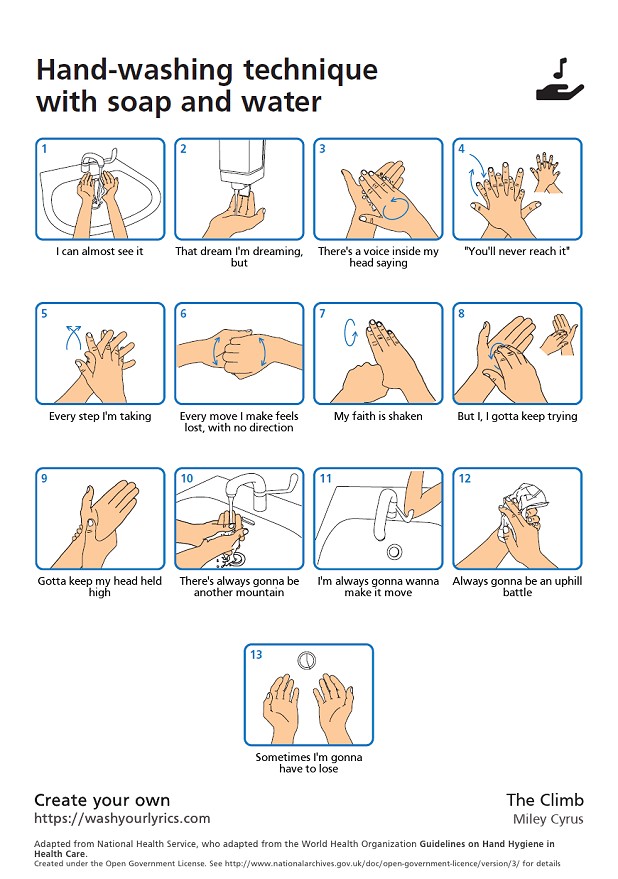







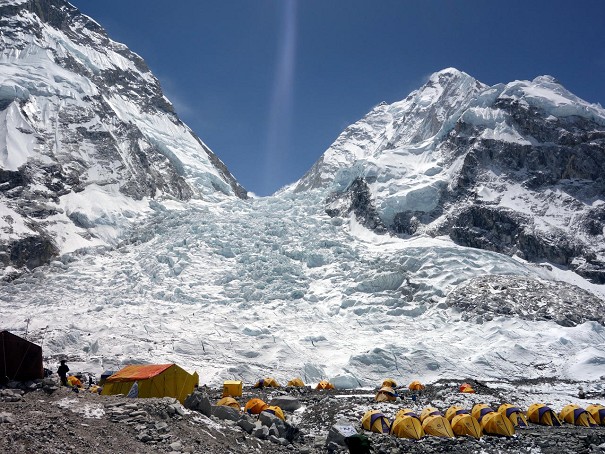


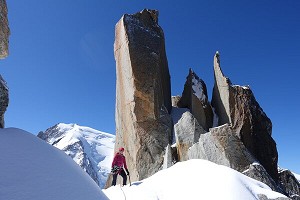
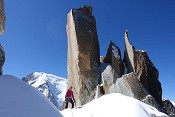

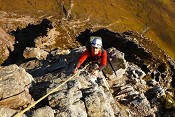

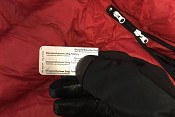
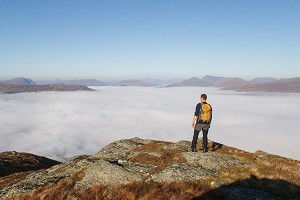

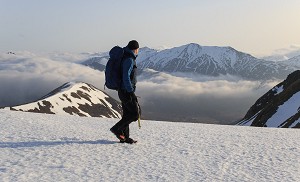


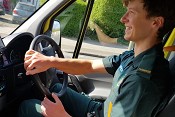
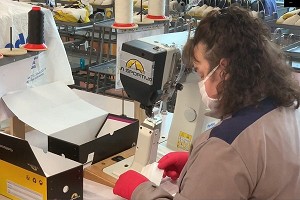
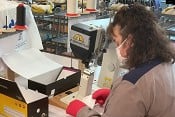
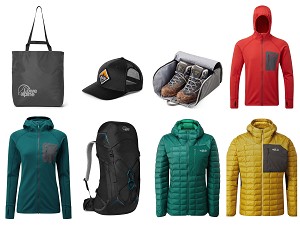
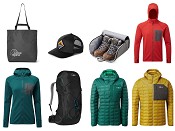
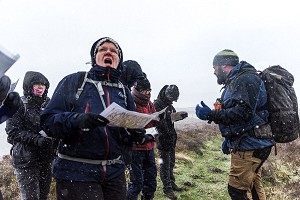
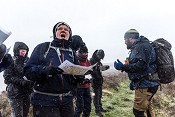
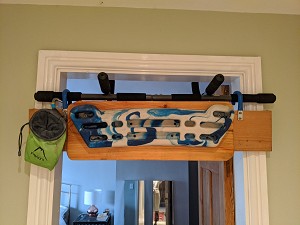
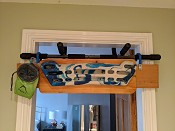
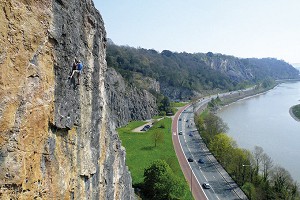
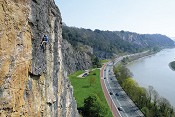
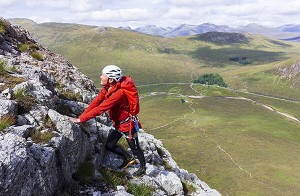
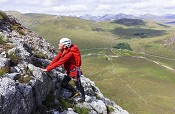


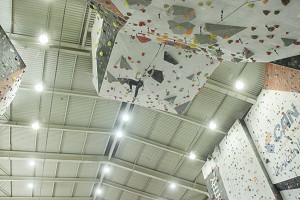
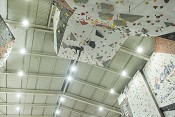
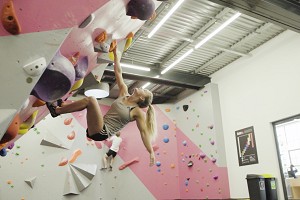

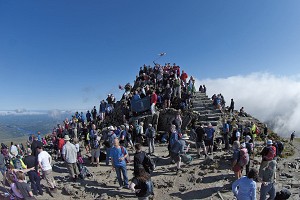
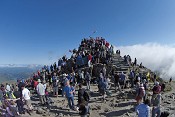
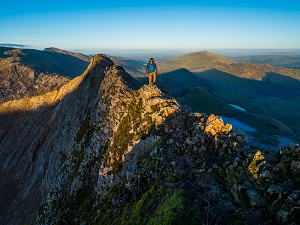

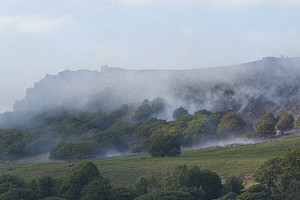
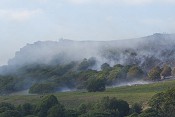
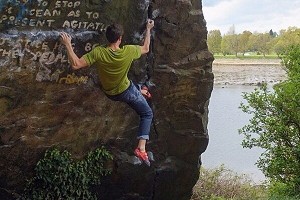
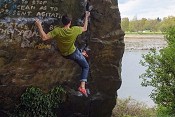
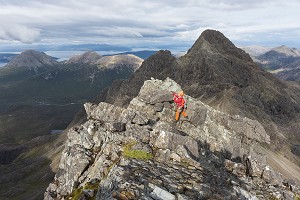
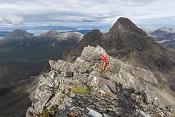
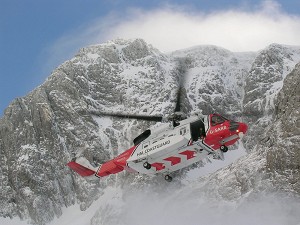
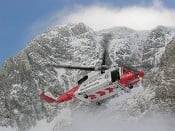
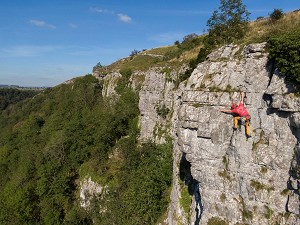
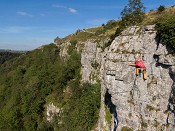
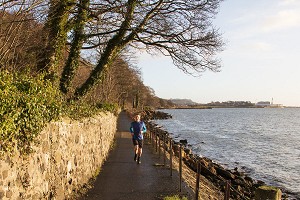
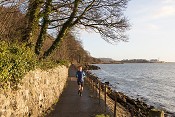

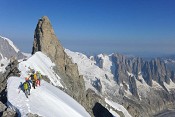


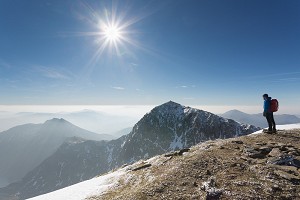

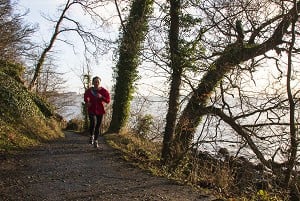
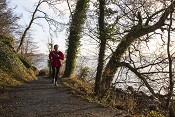


Comments
Great article, Natalie.
I can’t decide whether or not to fly to Japan on Friday. On the one hand, I really don’t want to get stuck on the other side of the world if the UK goes into lockdown. On the other, when will I ever get to climb the granite spires of Mizugaki if not now?! Aaarrghh
OMG - really Corona Virus and what to do at the local wall to prevent the spread of infection!! Do we write long articles regarding the spread of seasonal flu, Norovirus, sickness and diarrhoea bugs, hepatitis etc etc. Sorry to be a non sensationalist but perhaps we should cover the holds in toilet paper soaked hand sanitizer just a a precautionary measure!!!
"Wash their holds on a monthly basis"
You are being very generous there.
Yeah I get where you're coming from too, but as it's a new bug there isn't any immunity yet out in the herd of society, so it moves fast to where it can do a lot of damage. I think that's the reason to take more communal responsibility, but without doing daft things with no science behind them.
The reason this is so serious is because idiots like you just don't get it.